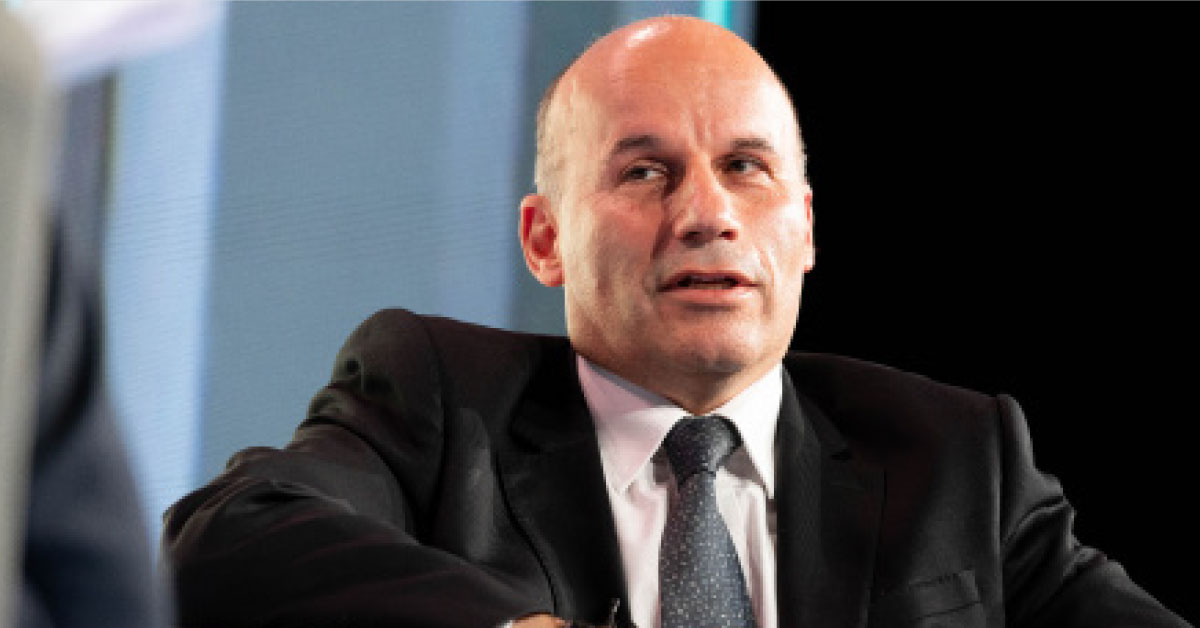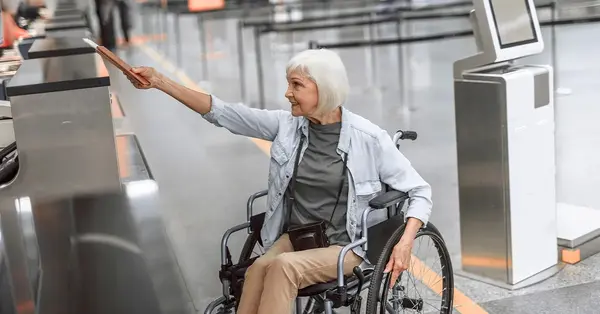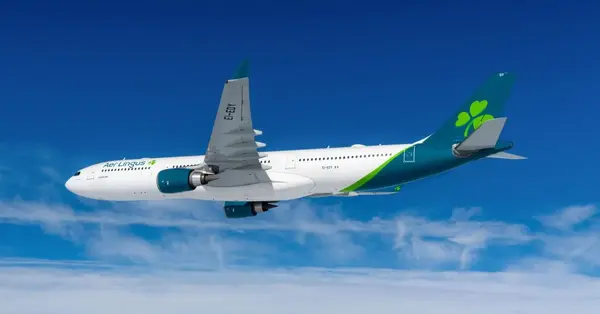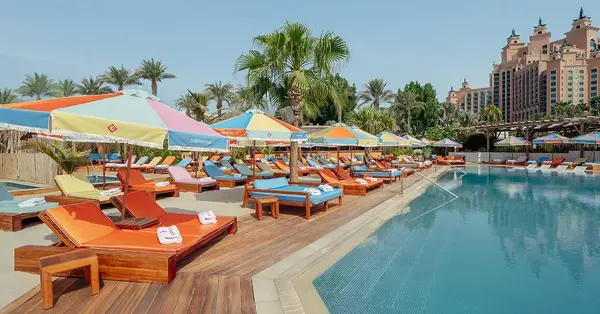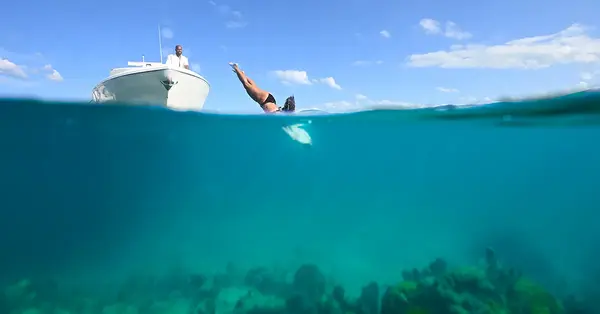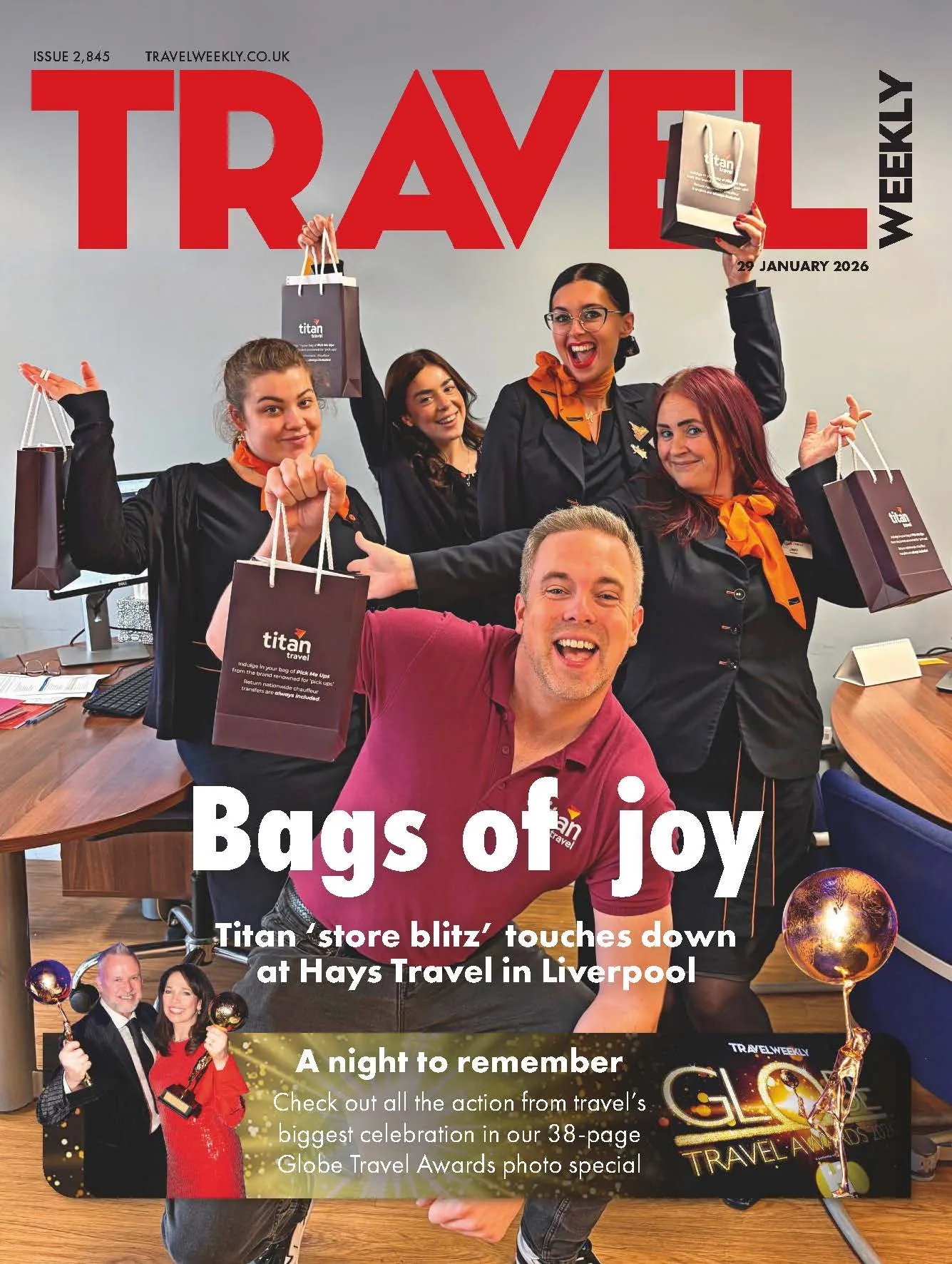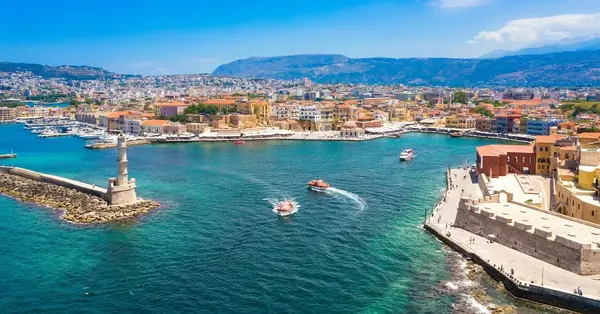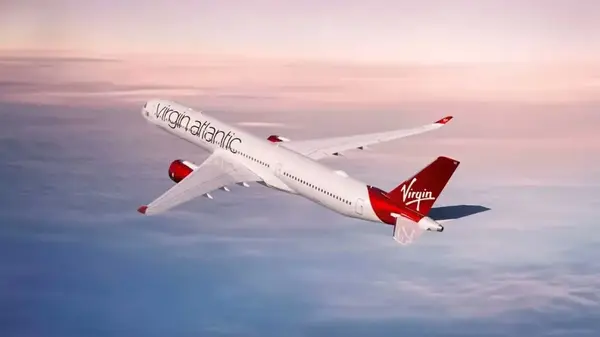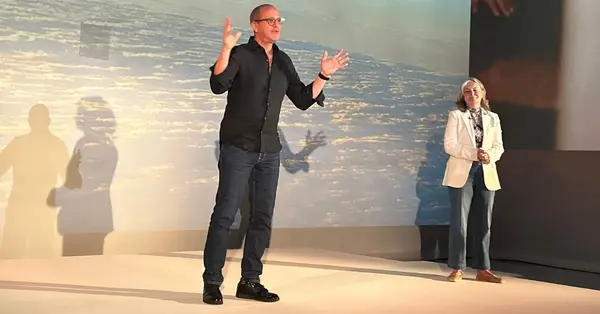You are viewing 1 of your 2 free articles
Interview: Travel Convention to consider ‘transformative technology’
Abta chief executive Mark Tanzer believes generative AI will transform travel, which is why it will be a key theme of the 2023 Travel Convention. He explained to Ian Taylor
Generative artificial intelligence (AI) such as chatbot ChatGPT threatens to transform travel, and businesses must be prepared to harness it.
That is according to Abta chief executive Mark Tanzer, who will ensure debate on the impact of AI will form a key part of Abta’s Travel Convention at the end of October.
The Convention theme ‘Unleashing New Potential’ was chosen with the latest developments in AI, or more accurately ‘machine learning’, in mind following discussions with the Convention advisory panel of industry representatives.
Tanzer explained: “The Convention has always been forward looking and there are new elements with us or on the horizon that mean travel and the way people buy travel will be different in future. So, we’ll look at how to be ready to develop and exploit the potential.”
Speaking at Abta’s Travel Matters conference last week, Tanzer noted: “We’ve got used to hype [about technology] but generative AI does feel different.”
He told Travel Weekly: “Every business should be thinking about AI if it is not doing so already because it’s a transformative technology.”
It will mean “a very different kind of interaction with the customer”, he suggested, warning: “It’s going to impact every job. My view is you won’t have an AI department in a business. Every employee will have to be able to use AI.
Tanzer noted a recent report in the US suggested travel would be among the sectors most affected by generative AI, along with the legal and insurance sectors.
He said: “We’re in the very early stages of understanding this [and] it’s being positioned as a tool to help people do their jobs more effectively or efficiently. But it seems the customer’s ability to research and even book holidays will be much changed as AI gets going.
“The internet has given customers lots of choice, loads of websites, everyone of them with hundreds of hotels. [But] customers don’t really want choice, they want what they want.
“This will cut through the choice to what they want, and it will learn from them. You won’t start the same search next year because it will remember what you wanted, and [take account] that your family is one year older.
“It’s going to funnel down the choice to something much closer to what a customer wants in a way that a travel agent does.
“You will still need agents for people’s comfort, for high value and complicated holidays, and for real local knowledge. But a lot of the donkey work agents do could be done by it. This is unleashing something very new.”
That will lead directly to a second theme of the Convention which will be ‘talent’. Tanzer said: “What kind of talent are you going to need in future, what kind of skills? Are you going to have AI specialists or is everyone going to need AI training.”
He suggested: “AI is not going to be like an IT department which sits in the corner and ‘does AI’.”
Sustainability is ‘absolutely critical’
Sustainability and decarbonisation will also form major themes of the Travel Convention.
Tanzer called for the industry to be placed “on a crisis footing” in addressing climate change when he addressed the Travel Matters conference last week, arguing: “We need to see sustainability as absolutely critical, and we need to go faster.”
He noted other speakers at that conference, including aviation minister Baroness Vere, “talked about the existential threat” of climate change.
Tanzer explained: “I try to downplay that because, if you’re too melodramatic, people think ‘The world’s going to end so what is the point in worrying about it’.”
But he warned the risks are real, arguing: “If nothing happens, if we don’t make progress towards zero carbon [in aviation] over the next years, [then] the way in which we’ll reduce carbon is by slowing demand and the way to slow demand is by taxing flying so it gets more expensive.
“The danger is the costs just go up and up, either through emissions taxes or the investment needed in sustainable aviation fuel, and that puts holidays out of the reach of a lot of people, making them the privilege of the few.”
Tanzer does not believe “flying is going to stop”, but he insists: “We need to recognise climate change is real and we need to deal with it. We need to go faster if we’re going to get near our decarbonisation targets.”
Asked if he foresees a threat to the existence of the sector or to at least some within it, he warned: “If individual companies don’t demonstrate their progress, they could well be vulnerable. If companies don’t invest, if airlines are flying aircraft with a heavy carbon footprint, they could be vulnerable. They face an existential threat.
“But that is different to the sector being vulnerable. It is different to saying no one is going to be able to fly, because people aren’t changing their behaviours.”
He believes the industry needs guidance on how to talk about sustainability if businesses are to avoid accusations of misleading consumers and ‘greenwashing’.
Tanzer noted the recent Advertising Standards Authority (ASA) ruling of an Intrepid Travel advertisement as “misleading” because of its use of the phrase “people and planet friendly small group adventures” and said “how you talk about sustainability” will form part of the Travel Convention programme in the autumn.
He pointed out: “The ASA said, ‘You can’t be planet friendly, because you use aircraft to get to where you’re being friendly, and aviation is not planet friendly.’ Well, what can travellers do?
“We need to understand the challenges around greenwashing and the language of sustainability.”
Tanzer argued: “We’re encouraging customers because we want them to feel good about their holidays, and companies want to be able to talk about what they’re doing, but they don’t want to stray into an area where they overstate what they’re doing.
“So, what are the guidelines around talking about sustainability, what is the language we can use? People don’t want to be on the wrong side of greenwashing from a PR or a legal point of view.”
‘A good way to help the economy recover’
Tanzer is delighted the Convention will be hosted by Turkey, in the long-established resort of Bodrum, as the country seeks to recover from the devastating earthquake which hit the east of the country and over the border in Syria in February.
He said: “Encouraging people to go back is a good way to help the economy recover from the disaster, so I’m glad we’re going to Bodrum.
“The Lujo Hotel is a wonderful hotel in a spectacular resort. If people don’t already know Bodrum they will enjoy visiting it for the first time and, if they do know it, they will see a very new property. It has everything the Convention needs, not just in terms of the quality of the facilities, but the ability to network. It has lots of meeting spaces.
“The networking at the Convention is an important part of why people go.
“I’ve no doubt our hosts will put on a good show for delegates. We’ll have good content, a good location, good networking and a very good social programme. I’m excited about it. The Convention is a bit later in the year than usual, but I’m sure the weather will be good at the end of October.”
The Travel Convention, October 30 – November 1, Bodrum
Full details: thetravelconvention.com

